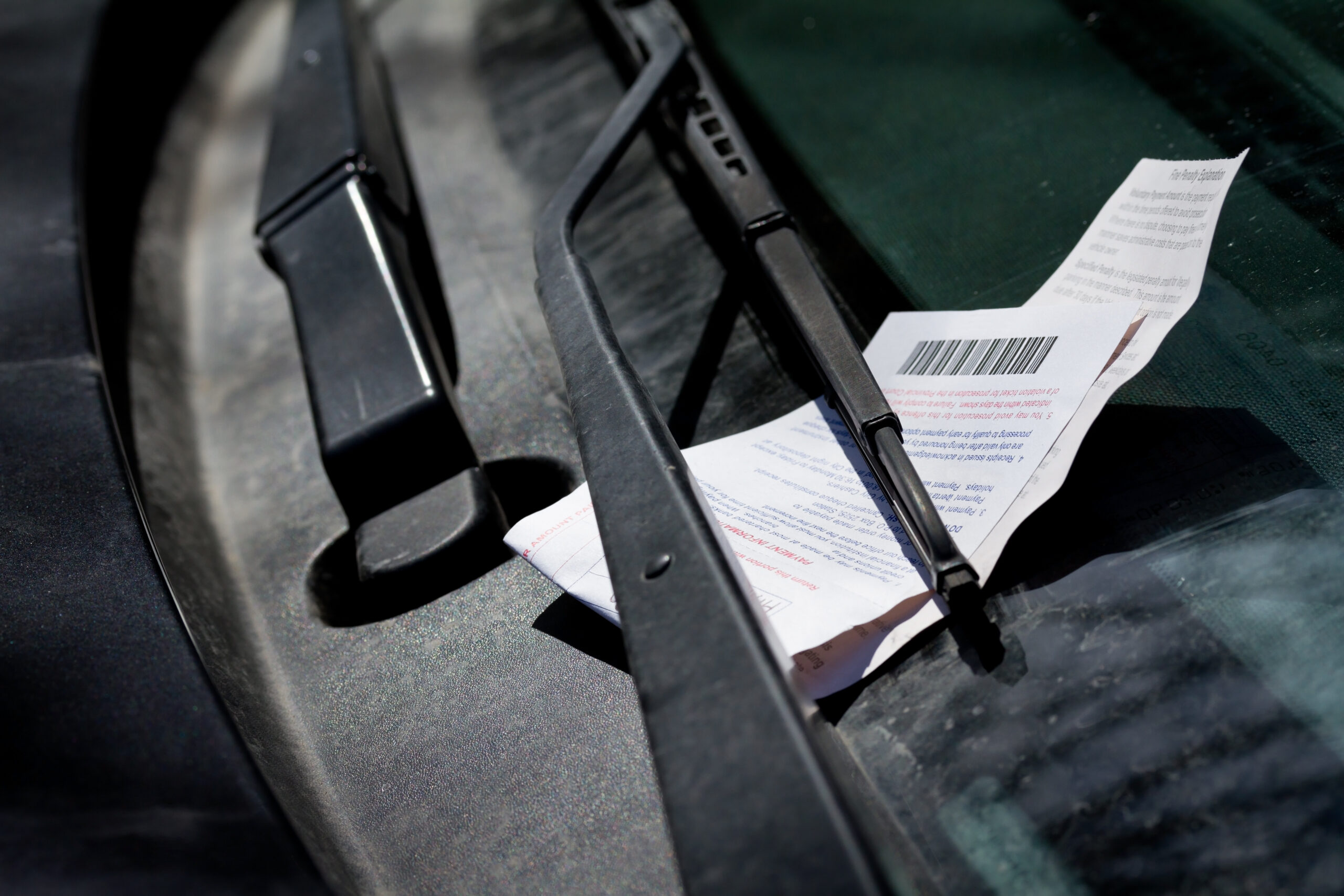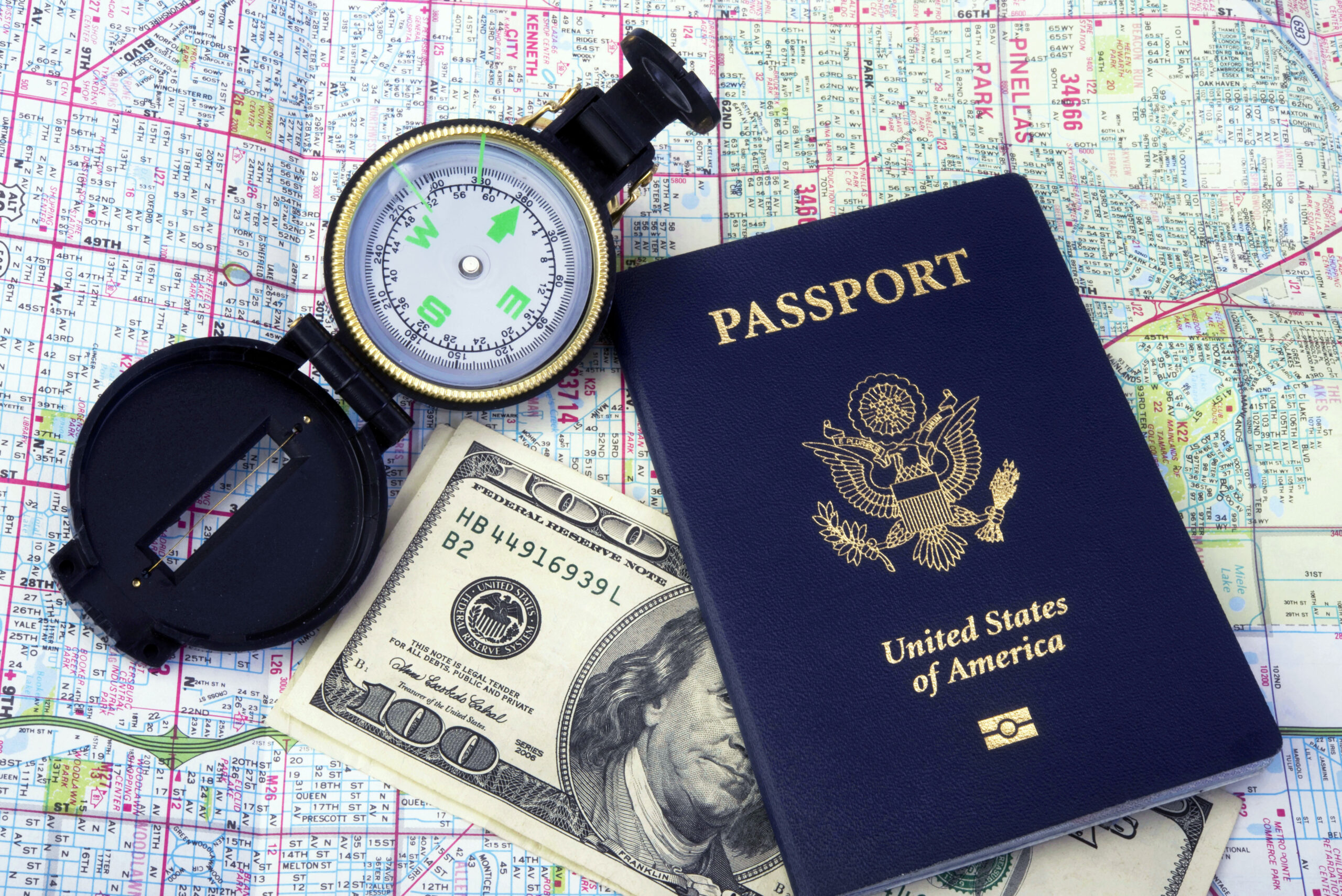Yes. Insurance for a single day is available.
Parking Tickets on Rental Cars: A Complete Guide
PUBLISHED ON Jun, 26 2023

Parking tickets on rental cars can lead to unexpected challenges. Renters are typically responsible for paying parking fines incurred during their rental period. The rental car company may charge the renter’s credit card for these fines, along with an additional administrative fee. It’s crucial to pay the fines promptly to avoid further consequences, as parking tickets are tied to the car, not the driver. Ignoring or delaying payment can result in collections, being listed on the rental car company’s Do Not Rent list, and potential legal issues. In case of an erroneous ticket, renters can contest it within a specified timeframe. Being aware of the guidelines and taking timely action is essential when dealing with parking tickets on rental cars.
Responsibility for Parking Fines
According to rental car contracts, car renters are responsible for parking fines incurred during their rental period. These contracts clearly state that all parking fines are the renter’s responsibility, and the rental car company has the right to charge the renter’s credit card for these fines. It is important for renters to pay these fines promptly to avoid further consequences. If the fines are not paid in a timely manner, the rental car company will be notified and may pass on the charge to the renter along with an additional administrative fee. This policy exists because parking tickets are tied to the car itself, not the driver, meaning the rental car company will inevitably find out about any unpaid fines. Ignoring or delaying payment can lead to serious consequences, including being listed on the rental car company’s Do Not Rent list and potential legal actions. Unpaid fines and administrative fee balances may eventually be sent to collections agencies, creating further complications for the renter. Therefore, it is essential for renters to familiarize themselves with the terms and conditions of their rental car contract and promptly pay any parking fines they receive.
Rental car companies have the authority to charge the renter’s credit card for parking fines incurred during the rental period. This practice is outlined in the terms and conditions of rental car contracts. According to these contracts, all parking fines are the responsibility of the renter, and the rental car company has the right to pass on the charges by charging the renter’s credit card.
If a renter fails to pay the parking fine in a timely manner, the rental car company will be notified of the unpaid fine. In such cases, the rental car company may not only charge the fine to the renter’s credit card but also add an additional administrative fee, which can range from $30 to $45. The rental car company’s ability to charge the credit card is a means of ensuring that the renter fulfills their responsibility for any incurred parking fines.
To facilitate the payment process, rental car companies provide various options for paying parking fines. These options may include online payment platforms, payment by phone, or other quick and convenient methods. It is advisable for renters to choose one of these payment options and settle the fine promptly. Retaining a confirmation of payment is also recommended in case there is a need to contest any further charges imposed by the rental car company.
It is important to note that parking tickets are tied to the rented vehicle itself, rather than the driver. Consequently, rental car companies will always become aware of any unpaid fines. Neglecting to pay parking fines can have repercussions, such as being listed on the rental car company’s Do Not Rent list or having the outstanding fines and administrative fees sent to collections agencies. To avoid these consequences, it is in the renter’s best interest to promptly settle any parking fines incurred during the rental period.
The potential consequences of unpaid fines and administrative fees
Unpaid fines and administrative fees can have several potential consequences. Here are some examples of the potential consequences:
- Accrual of Penalties and Interest: When fines and administrative fees go unpaid, they may accrue additional penalties and interest over time. These additional charges can significantly increase the overall amount owed. For instance, the Inland Revenue Authority of Singapore (IRAS) imposes late payment penalties for unpaid taxes, and the penalty increases if the tax remains unpaid for an extended period.
- Legal Actions and Enforcement: In some cases, authorities or institutions may take legal actions to recover unpaid fines and fees. This can involve filing lawsuits, obtaining court judgments, or seeking enforcement measures. The specific actions taken can vary depending on the jurisdiction and the type of fine. .
- Collection Agencies: Unpaid fines and administrative fees may be handed over to collection agencies. These agencies specialize in debt collection and may use various methods to recover the outstanding amounts. The involvement of a collection agency can negatively impact an individual’s credit score and financial reputation.
- Travel Restrictions: In some cases, unpaid fines or fees may lead to travel restrictions. Authorities may impose restrictions on individuals who have outstanding fines, preventing them from leaving the country until the fines are resolved. .
- Do Not Rent Lists: Some rental companies, such as car rental companies, maintain Do Not Rent lists. If an individual has unpaid fines or fees related to previous rentals, they may be added to these lists. Being on a Do Not Rent list can restrict access to rental services in the future and make it difficult to secure rental agreements.
It’s important to note that the specific consequences of unpaid fines and administrative fees can vary depending on the issuing authority, jurisdiction, and the nature of the fine. Individuals should always adhere to the terms and deadlines specified for fine payments to avoid potential consequences.
Contesting a Parking Ticket on a Rental Car
If you receive a parking ticket while driving a rental car and wish to contest it, here is some general information to consider:
- Review the Rental Car Contract: In the terms and conditions of every rental car contract, there is usually a section specifying that the renter is responsible for parking fines incurred during the rental period. It’s important to familiarize yourself with this section to understand your obligations and the rental company’s policies.
- Assess the Situation: Before deciding to contest the parking ticket, weigh the cost of the fine against the potential hassle of contesting it. Consider the possibility of incurring additional administrative fees imposed by the rental car company.
- Check Appeal Deadline: On your rental car contract, there should be information on how to appeal parking tickets. Typically, there is a specific timeframe within which the renter can challenge the ticket, often within 60 days from the date of issuance.
- Gather Evidence: If you believe the parking ticket was issued in error, collect any evidence that supports your case. This may include photographs, receipts, or any other documentation that demonstrates your compliance with parking regulations or suggests an error in the ticket.
- Contact the Issuing Authority: Reach out to the appropriate authority responsible for the parking ticket. This information is usually provided on the ticket itself. Inquire about the process for contesting the ticket and follow their instructions on how to proceed.
- Retain Proof of Payment: If you decide to pay the fine while contesting it, make sure to keep a record of the payment confirmation. This documentation can be useful if you need to dispute any further charges imposed by the rental car company.
It’s important to note that the specific procedures for contesting a parking ticket on a rental car may vary depending on the jurisdiction and the rental car company’s policies. It’s recommended to consult the rental car company and relevant authorities for precise instructions and guidelines in your specific situation.
Tips for Avoiding Parking Tickets on Rental Cars
To avoid parking tickets on rental cars, consider the following tips:
- Understand Responsibility: Familiarize yourself with the terms and conditions of your rental car contract. It is typically stated that parking fines are the responsibility of the renter, and the rental car company may charge the renter’s credit card for any parking fines incurred.
- Pay Fines Promptly: If you receive a parking ticket, it’s crucial to pay it off right away, ideally before returning the rental car. Delaying payment may result in the rental car company being notified, and they may charge the fine to your credit card along with an additional administrative fee.
- Check Payment Options: Most parking tickets provide various payment methods such as online or by phone. If possible, choose one of these quick payment options before returning the rental car. Keep a confirmation of payment in case you need to contest any additional charges by the rental car company.
- Be Mindful of International Travel: If you receive a parking ticket while driving a rental car in another country, it’s essential to pay the fine promptly. Authorities can track you down, and the parking ticket will eventually reach the rental car company, leading to additional charges down the road.
- Observe Parking Regulations: Familiarize yourself with the parking rules and regulations of the area where you are driving the rental car. Pay attention to road markings, such as double yellow lines, single yellow zig-zag lines, or no parking zones, and avoid parking in restricted areas to prevent fines.
- Follow Traffic Flow: Park your rental car facing the correct direction of traffic flow to avoid summonses. Parking against traffic can lead to inconvenience when you need to exit the parking spot during peak hours.
- Pay Attention to Signs and Markings: Watch out for road markings such as unbroken double yellow or white lines, single white zig-zag lines, or double yellow zig-zag lines, as parking in these areas may result in fines and demerit points. Additionally, be aware of parking enforcement cameras and signs indicating restricted parking zones.
- Use Designated Parking Areas: Whenever possible, park your rental car in designated parking lots or areas to ensure compliance with parking regulations and minimize the risk of receiving a parking ticket.
It’s important to note that parking regulations may vary by location. Familiarize yourself with the specific rules and regulations of the area where you are driving the rental car to ensure compliance and avoid parking tickets.
Final Thoughts
In conclusion, it is essential to promptly address parking tickets on rental cars by paying the fine as soon as possible. Ignoring or delaying payment can lead to additional charges, potential complications with the rental car company, and even negative consequences such as being added to a Do Not Rent list. Therefore, readers are encouraged to handle parking tickets responsibly and pay them off promptly to avoid any further issues.
Travel Tips and Guides

Navigate the World: How to Get Your AAA's International Driving Permit Effortlessly
Gil Farkash

Top Tips for Stress-Free Renting a Car in USA: Your Ultimate Road Trip Guide
Gil Farkash

Essential Tips for Renting a Car in UK: Your Complete Guide
Gil Farkash
Frequently Asked Questions (FAQ)
No. We provide a single journey plan. You are covered from the time you pick up the rental car up to the time you return it or on the last date written on your Certificate of Insurance, whichever comes first.
No. You should purchase a policy before starting your travel.
Find the answers you’re looking for to the most frequently asked car hire insurance questions as well as other questions relating to our products and services.
